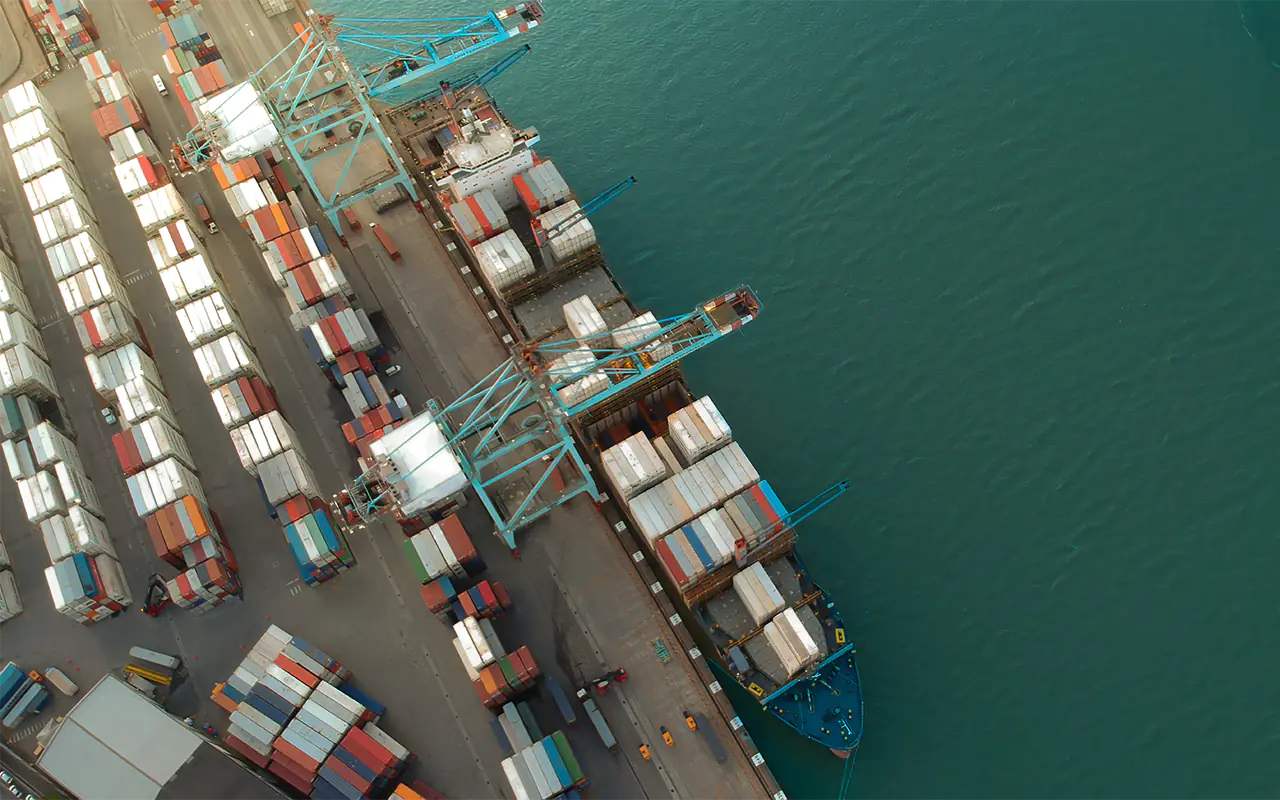Through the promulgation of Law 56 of August 6, 2008, of General Ports of Panama, the Republic of Panama, understanding that ports are necessary for Panama’s development, established the legal framework to regulate port activity in our country. These activities, historically, were regulated by legislation that was scattered and scarce, as well as non-specialized.
It is in this context that Law 56 of 2007 itself established that its objective was to create guiding rules of:
- The activity of ports and of maritime facilities that exist or are built in the Republic of Panama;
- The use of assets granted in concession by the State; and
- The provision of maritime services, whether these are of a public or private nature.
On the other hand, the General Law of Ports provided that the Maritime Authority of Panama shall supervise the compliance with provisions of said law and define the technical conditions that guarantee the continuous and efficient operation of national ports. Furthermore, it added that its provisions would not be applicable to the Panama Canal Authority.
Law 56 of 2008 classified the ports into two groups:
- Those non-concessioned ports administered by the Maritime Authority of Panama; and
- Those ports whose administration and operation have been concessioned by the State to individuals for a certain period.
The General Law of Ports established that the granting of concessions for the construction and operation of port facilities would materialize through signing a concession contract with a duration of up to 20 years extendable. In addition, it established that individuals interested in conducting commercial activities within the port precincts or areas of competence of the Maritime Authority of Panama must obtain an operating license with a duration of up to 10 years extendable.
An important aspect that Law 56 of 2008 established was that the State would maintain ownership over the assets which are the object of concessions and, as a consequence, the concessionaires will not be able to claim or obtain title over the improvements constructed over areas or assets granted in concession, improvements which will become part of the patrimony of the Maritime Authority of Panama, without the need for prior recognition nor payment of any compensation, once the concession ends.
As previously indicated, prior to the promulgation of the General Law of Ports, the Republic of Panama lacked a specialized law in port matters, which caused some operations of this nature to be regulated by entering into contract-laws with the State. However, as part of the modernization of the Panamanian ports sector, Law 56 of 2008 included among its provisions the possibility that concession contracts for the construction, development, administration, and operation of port terminals that have a positive impact on the national economy, be elevated to a contract-law with the State.
To finalize, we share some of the regulated aspects of the General Law of Ports, to wit:
- It established that dredging activities shall be on the account and sole expense of the concessionaires.
- It established that the concessionaires shall be liable for damages caused to ships during loading or unloading operations, as well as for damages, injuries or deaths caused to individuals, provided, in both cases, that their fault or negligence or that of one of their employees is involved.
- It established that the concessionaires shall have the right to retain goods in their custody until charges for their handling and custody are canceled.
- It established that the concessionaires and port service providers must have special prevention and contingency plans in environmental matters and the necessary means to undertake immediate control and protection actions.
- It established that the concessionaires and port service providers must comply with security, industrial safety, and port hygiene rules.
The information we have presented succinctly is general and, as such, should not replace obtaining complete advice on legal and port matters, which may be provided by our firm, ALEMÁN, CORDERO, GALINDO & LEE (ALCOGAL).
Raúl Borrell Azcárraga
Attorney Partner at Alcogal
Read more articles here

